Stats Files - 2023
-
-
 Recently Browsing
0 members
Recently Browsing
0 members
- No registered users viewing this page.
-
 Demonland Forums
Demonland Forums 
-
-
 Match Previews, Reports & Articles
Match Previews, Reports & Articles 
2024 Player Reviews: #31 Bayley Fritsch
Once again the club’s top goal scorer but he had a few uncharacteristic flat spots during the season and the club will be looking for much better from him in 2025. Date of Birth: 6 December 1996 Height: 188cm Games MFC 2024: 23 Career Total: 149 Goals MFC 2024: 41 Career Total: 252 Brownlow Medal Votes: 4
2024 Player Reviews: #18 Jake Melksham
After sustaining a torn ACL in the final match of the 2023 season Jake added a bit to the attack late in the 2024 season upon his return. He has re-signed on to the Demons for 1 more season in 2025. Date of Birth: 12 August 1991 Height: 186cm Games MFC 2024: 8 Career Total: 229 Goals MFC 2024: 8 Career Total: 188
2024 Player Reviews: #3 Christian Salem
The luckless Salem suffered a hamstring injury against the Lions early in the season and, after missing a number of games, he was never at his best. He was also inconvenienced by minor niggles later in the season. This was a blow for the club that sorely needed him to fill gaps in the midfield at times as well as to do his best work in defence. Date of Birth: 15 July 1995 Height: 184cm Games MFC 2024: 17 Career Total: 176 Goals MFC 2024: 1 Career Total: 26 Brownlow Meda
2024 Player Reviews: #39 Koltyn Tholstrop
The first round draft pick at #13 from twelve months ago the strongly built medium forward has had an impressive introduction to AFL football and is expected to spend more midfield moments as his career progresses. Date of Birth: 25 July 2005 Height: 186cm Games MFC 2024: 10 Career Total: 10 Goals MFC 2024: 5 Career Total: 5 Games CDFC 2024: 7 Goals CDFC 2024: 4
2024 Player Reviews: #42 Daniel Turner
The move of “Disco” to a key forward post looks like bearing fruit. Turner has good hands, moves well and appears to be learning the forward craft well. Will be an interesting watch in 2025. Date of Birth: January 28, 2002 Height: 195cm Games MFC 2024: 15 Career Total: 18 Goals MFC 2024: 17 Career Total: 17 Games CDFC 2024: 1 Goals CDFC 2024: 1
2024 Player Reviews: #8 Jake Lever
The Demon’s key defender and backline leader had his share of injuries and niggles throughout the season which prevented him from performing at his peak. Date of Birth: 5 March 1996 Height: 195cm Games MFC 2024: 18 Career Total: 178 Goals MFC 2024: 1 Career Total: 5
2024 Player Reviews: #13 Clayton Oliver
Lack of preparation after a problematic preseason prevented Oliver from reaching the high standards set before last year’s hamstring woes. He carried injury right through the back half of the season and was controversially involved in a potential move during the trade period that was ultimately shut down by the club. Date of Birth: 22 July 1997 Height: 189cm Games MFC 2024: 21 Career Total: 183 Goals MFC 2024: 3 Career Total: 54 Brownlow Medal Votes: 5
BLOODY BLUES by Meggs
The conclusion to Narrm’s home and away season was the inevitable let down by the bloody Blues who meekly capitulated to the Bombers. The 2024 season fixture handicapped the Demons chances from the get-go with Port Adelaide, Brisbane and Essendon advantaged with enough gimme games to ensure a tough road to the finals, especially after a slew of early season injuries to star players cost wins and percentage. As we strode confidently through the gates of Prin
2024 Player Reviews: #5 Christian Petracca
Melbourne’s most important player who dominated the first half of the season until his untimely injury in the Kings Birthday clash put an end to his season. At the time, he was on his way to many personal honours and the club in strong finals contention. When the season did end for Melbourne and Petracca was slowly recovering, he was engulfed in controversy about a possible move of clubs amid claims about his treatment by the club in the immediate aftermath of his injury. Date of Birth: 4 J
-
 Tell a friend
Tell a friend

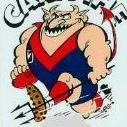
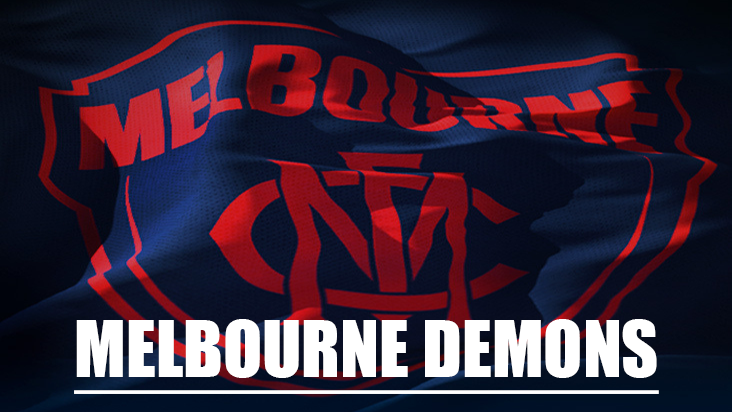

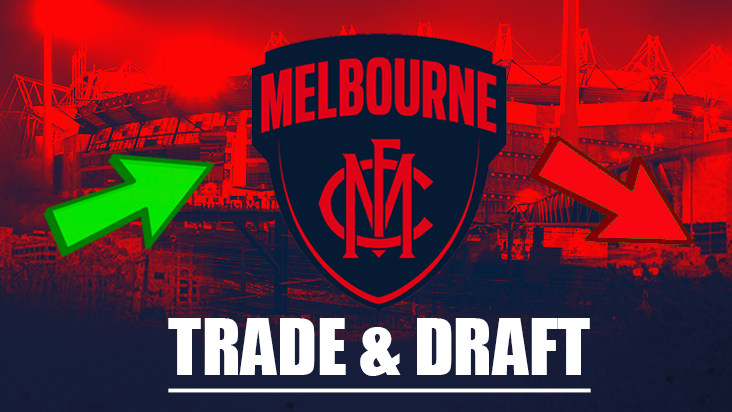
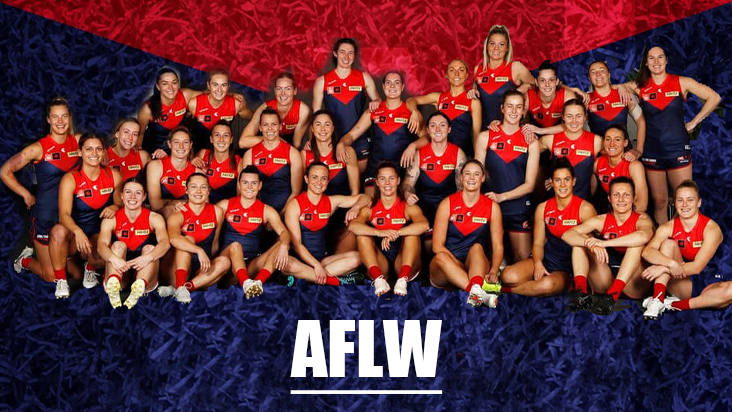





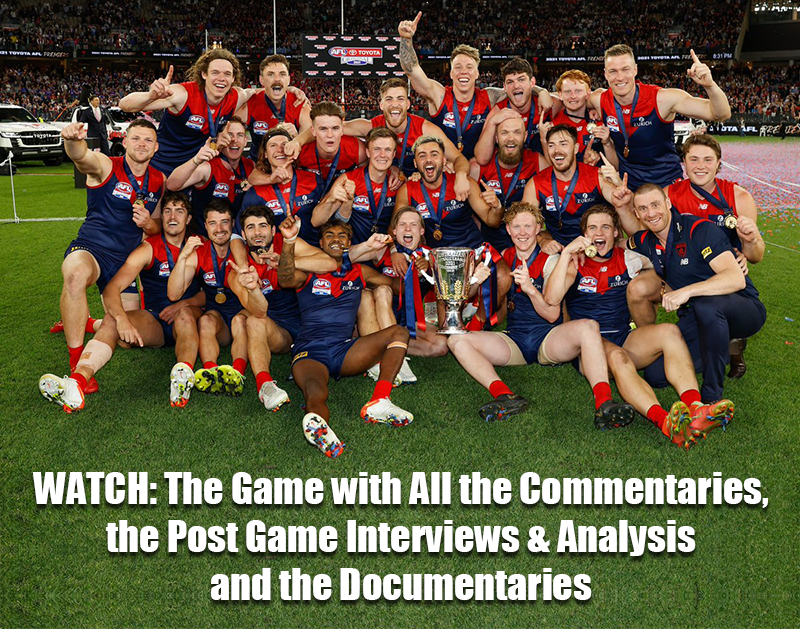
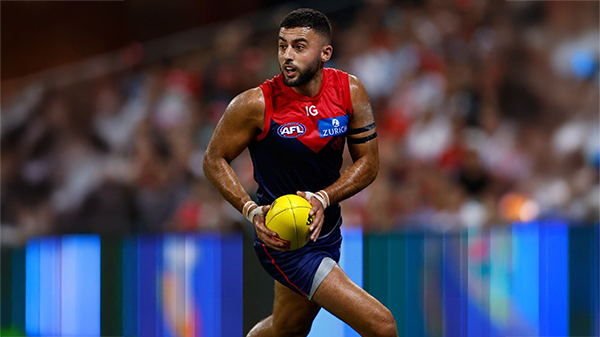
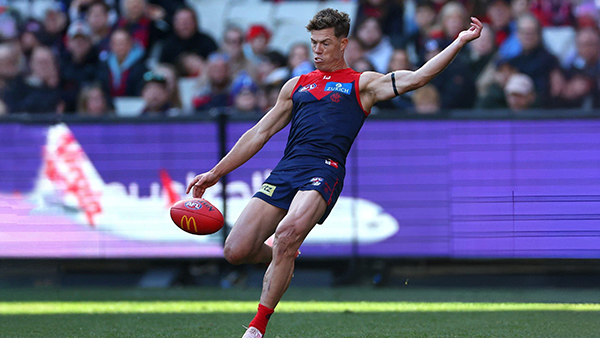
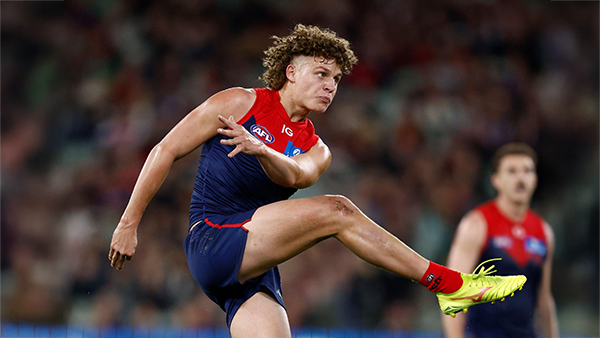
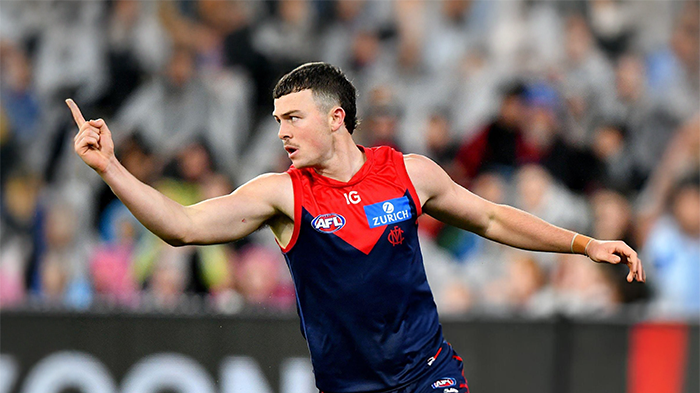
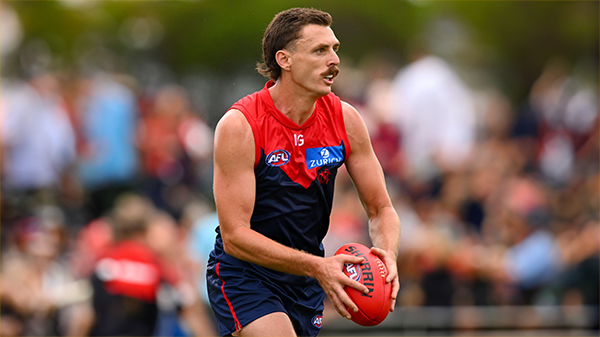
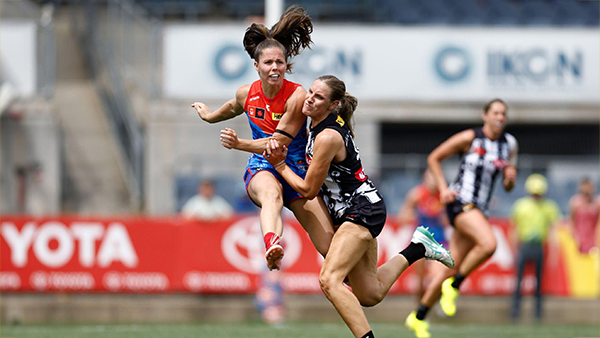
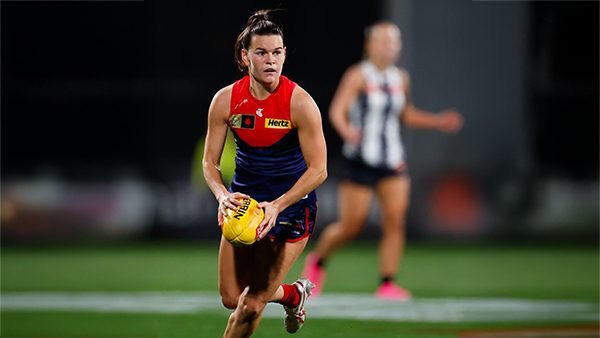
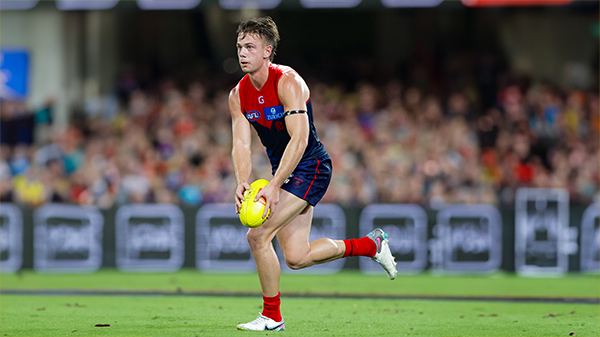
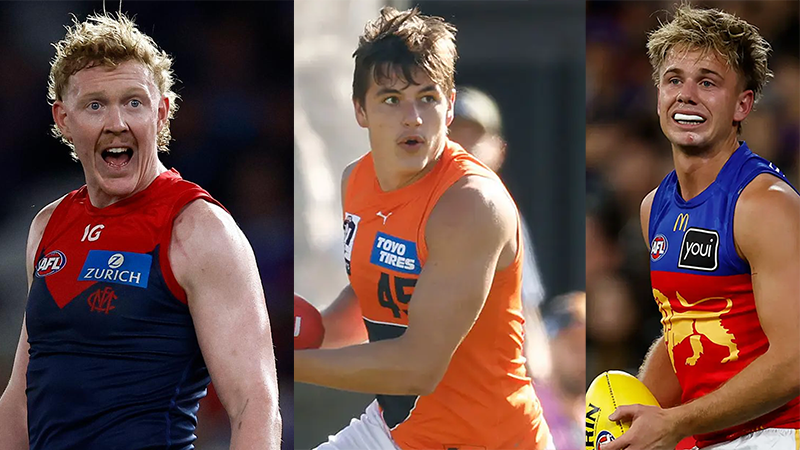
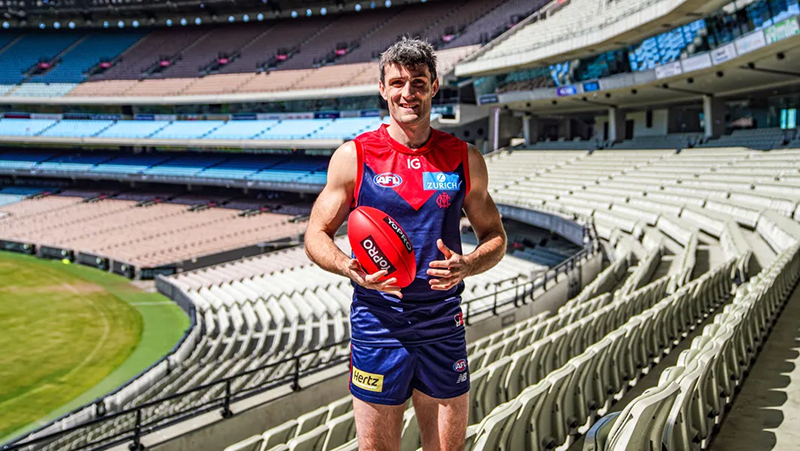
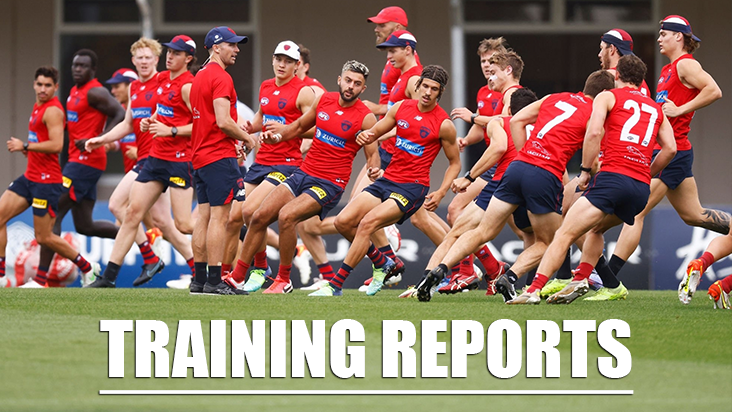
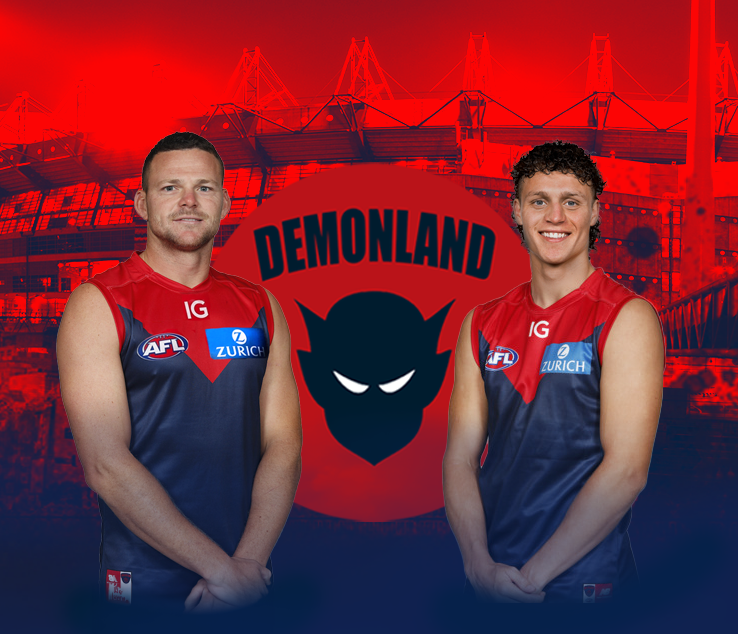




































Recommended Posts
Join the conversation
You can post now and register later. If you have an account, sign in now to post with your account.